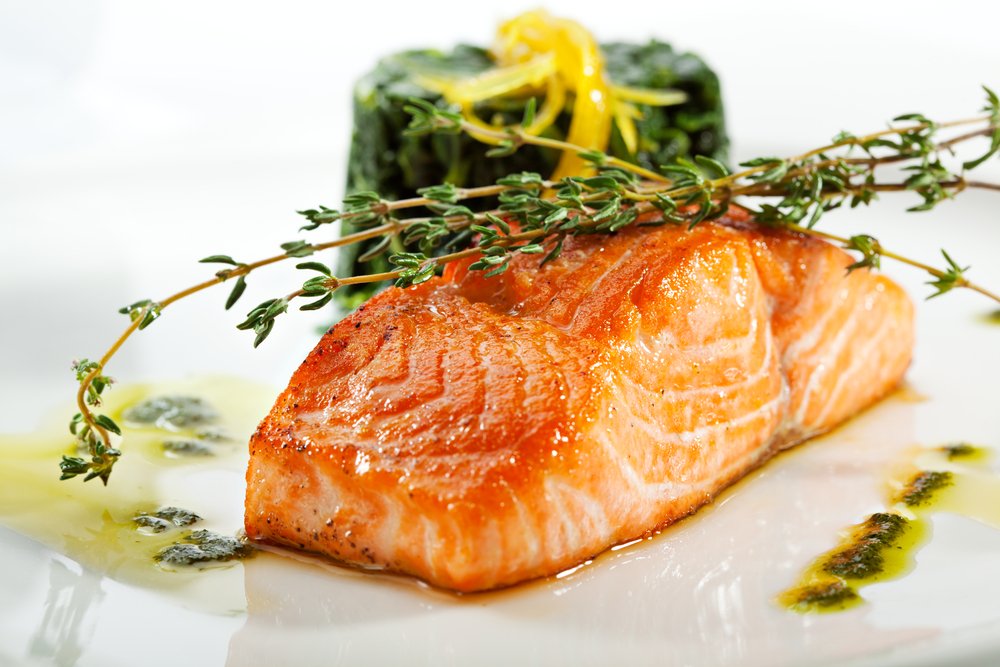While it’s recommended for pregnant women to eat foods that are rich in omega-3 (which can be found in fish), it is also risky for them to consume foods that could contain high levels of mercury. So, you’re probably wondering: should I eat fish and seafood or limit their consumption during pregnancy?
According to the Food and Drug Administration (FDA), a pregnant woman should consume between 8 and 12 ounces of fish every week, which is between 227 and 340 grams, as it contains a variety of nutrients – like a little marine treasure! These nutrients are necessary for your baby to have a healthy brain development.
But beware! Some seafoods contain high levels of mercury that can affect your baby’s development. The key is to know the difference between foods that contain mercury and those that don’t.
Why should you be careful when choosing the type of fish you eat? It turns out that foods with high levels of mercury or contaminants have been found to be associated with delayed development in babies exposed to this metal. Fish with high levels of mercury include shark, swordfish, king mackerel, and tilefish. It’s also good to limit the consumption of white tuna to no more than 170 grams per week.
And one more thing: no raw fish or seafood! They could have bacteria that can affect your health or that of your baby. That’s why it’s important to pay attention to the type of fish and seafood you have during pregnancy. Here are some of the marine champions you can eat due to their high nutrient content and low mercury level:
- Clams
- Wild salmon
- Oysters
- Crab
- Trout
- Squid
- Anchovies
- Cod
- Shrimp
We suggest varying the fish options to obtain a wider range of nutrients. Remember not to consume any raw fish or seafood and do not exceed 12 ounces per week.








